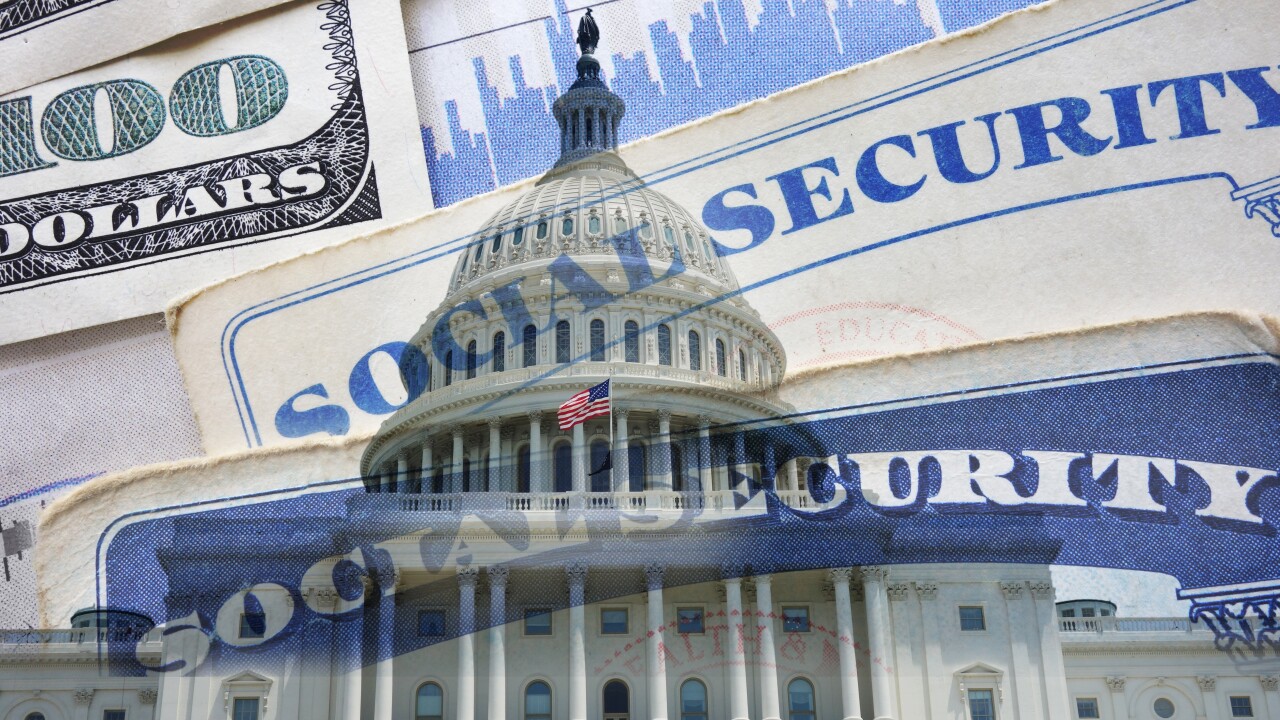As Election Day hype dies down, the benefits industry is now considering just how the new president-elect will make his mark on the market.
Most expect Donald Trump, who has repeatedly called for the repeal of the Affordable Care Act, to work immediately to dismantle parts of the law. But there are other areas of concern for employers — among them tax status, Medicare and health savings accounts. Here’s what some industry insiders had to say about Trump’s election, where he stands on issues that affect employers, and what they think will happen next.
Michael Wilson, CEO of the International Foundation of Employee Benefit Plans
“With the election of Donald Trump, the employee benefits industry nationwide will be watching to see how the new administration will maintain or change legislation and regulations impacting benefit plans. Employers and plan sponsors will do all they can to remain informed and compliant.

Our members, who represent a broad range of plan sponsors across the United States, remain committed to providing quality benefits to ensure the health and financial security of their workers. As the Trump administration comes to office, the International Foundation of Employee Benefit Plans will remain, as always, an unbiased educational resource to keep our members informed on the important legislative and regulatory employee benefit developments.”
Lisa Horn, director of congressional affairs for Society for Human Resource Management
“A Trump administration has indicated a desire to repeal the ACA within the first 100 days.
Because many employee benefits enjoy tax-free status — employer-provided healthcare and employer-provided retirement account for the largest annual loss in revenue to the federal treasury — it is likely that there will be a close examination of employer-sponsored fringe benefits, including retirement plans, healthcare benefits and educational assistance programs, as any part of tax reform efforts in Congress.
Early indications suggest that President Trump would move to repeal the ACA, push efforts to secure the border and focus on immigration worksite enforcement by enacting a mandatory E-Verify system. A Trump administration also will try to repeal several of President Obama’s executive orders, as well as review several of his regulatory efforts, including ones impacting the workplace.”
Steve Wojcik, vice president, public policy at the National Business Group on Health
“We expect there will likely be a strong push to scrap most of the ACA and replace it with expanded insurance options and tax credits for people who buy individual coverage and are not eligible for employer or other group coverage. There is also a strong possibility that health savings accounts will be enhanced and made more flexible. It is unlikely that Congress will have paid sick leave and other labor policy issues on its agenda.”
Kim Buckey, vice president of compliance communications of DirectPath
“Throughout his campaign, President-elect Trump vowed to quickly repeal and replace the Affordable Care Act and marked it as a high priority in his first 100 days. And with Republicans controlling both the House and Senate, it’s likely this will get some traction. However, even under the most ambitious timeline, a repeal will likely not happen — if at all – until August at the earliest. There will undoubtedly be quite a few constituencies — from employers to industry groups (such as AHIP) to consumer groups — that will have something to say about what should remain the same, what should change and what form any replacement should take.
Employers should remember that until, and unless, the ACA is repealed, the law remains the law and they should continue to ensure they are in compliance with the timeline and requirements of the Summary of benefits and Coverage and employer information reporting under the ACA. In the interim, it is not too early to begin meeting with counsel and consultants to begin exploring how — and whether —their benefit strategy should change in light of what we know, or think we know, about the new administration’s plans for both the ACA and employee benefits in particular.”
Brian Marcotte, president and CEO of the National Business Group on Health
“The National Business Group on Health looks forward to working with Donald Trump and the new Congress on eliminating the ACA excise tax and strengthening employer-sponsored health coverage for the millions of Americans who rely on it. We also look forward to working to continue to advance the transformation of healthcare payment and delivery in Medicare and other government programs so that all Americans can benefit from more effective and efficient healthcare.”





